New Delhi: As the Delhi high court is hearing petitions seeking criminalisation of marital rape and challenging the exception 2 in Section 375 of the Indian Penal Code, the Court was told on Thursday by NGO Men Welfare Trust that “To say that all sexual relationships — whether marital or non-marital — stand on the same footing “militates common sense” and a mere “difference of opinion” on this aspect can not make the marital rape exception under the Indian Penal Code (IPC) unconstitutional.”
The NGO, which is opposing the batch of petitions seeking criminalisation of marital rape, argued before a bench headed by Justice Rajiv Shakdher that sexual intercourse between a husband and wife cannot be treated at par with that in non-marital relationships as the issue of consent cannot be divorced from the context of a marriage.
“There is one case where a man has no right to ask at all for sex since they are not in a marriage, but another case where he has a right sanctified with marital bond between them, he can expect reasonable sexual relations with partner…we are not recognising the difference if we are saying that they are at par.”
“If the legislature has thought that where parties are married and the only grievance of lady is that she was not willing, if the legislature felt such a case should not be categorised as rape, is it something which is so unconstitutional.”
“Can’t equate chalk and cheese.”
There is a clear thread running through the remarks made by Justice Shankar in the marital rape exception hearings – how should a legitimate expectation of ‘reasonable sexual relations’ in a marriage affect how we are to see, and punish, non-consensual sex within its bounds?
“Rape between two rank strangers (on one hand) and institution of marriage and other relationship having trappings of a marriage within the meaning of a domestic relationship in the Domestic Violence Act (on the other), cannot be the same. That is the intelligible differentia,” he submitted before the bench which also comprised Justice C Hari Shankar.
The counsel clarified the NGO was not against the recognition of “spousal sexual violence” but sought “special treatment” to protect the institution of marriage and the children in order to avoid the “deleterious impact” of the usage of the word ” rape”.
“Consent five minutes before and five minutes after marriage, what difference does it? Well, maintenance, obligations come into the picture. It is a milestone… There are countervailing rights from conjugal rights to whatnot,” the lawyer explained as he asserted that the issue of criminalisation of marital rape was of “policy” and whose social aspect ought to be considered. “Distinction or difference of opinion does not rise to the level of unconstitutionality. So for someone to say ‘no, whether it is a marital relationship and non-marital relationship, independent of context, consent is consent and therefore, the setting does not matter and impactions don’t matter, is one point of view. The other is ‘sorry, these are two different circumstances and one is an institution that has been around for several millennia’,” he argued.
The lawyer stated that in case of sexual abuse in a marriage, a “basket of remedies” is already available in law, which is different on account of the difference in relationship and context, and their alleged “inadequacy” cannot be a ground to strike down the exception.


Comments are closed.